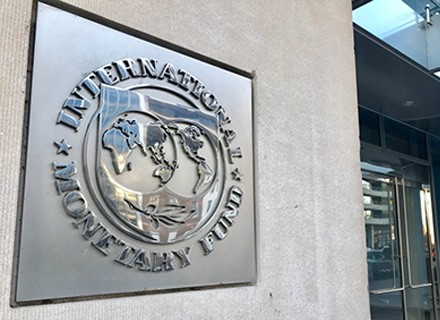Despite receiving a USD 3 billion rescue loan from the International Monetary Fund (IMF), Egypt needs more cash and now it is attempting to bolster its finances by selling state assets to prosperous Gulf countries.
According to experts, the agreements could benefit all parties, but unlike previous Gulf aid that was given unconditionally, the new contracts call for reforms.
Cairo is hoping that the infusion of cash will close “a financing gap of about USD 17 billion over the next four years”, as the IMF has warned.
It offers a quick way for countries like Kuwait, Qatar, Saudi Arabia, and the United Arab Emirates to acquire properties, land, and holdings in state companies in North Africa. These countries are seeking to diversify their oil and gas-based economies.
James Swanston, an emerging markets economist at Capital Economics in London, informed AFP, “The investments by Gulf states into Egypt last year helped to alleviate some of the immediate financing concerns that Egypt encountered, prior to securing further funds from the IMF.”
The Gulf states have maintained their sphere of influence in the region simultaneously.
Egypt has become an attractive investment for Gulf countries due to a sharp devaluation of its currency, apart from incentives provided by the Abdel Fattah al-Sisi-headed government.
But Sisi’s Gulf friends are no longer willing to provide him free money and instead call for economic change and increased transparency.
The Egyptian pound has lost half its value since 2022, which has caused the import-dependent nation’s annual inflation rate to reach 26.5% in January 2023.
About USD 28 billion of Cairo’s USD 34.2 billion foreign reserves, a 20% decrease from February 2022, comes from deposits from affluent Gulf allies.
The nation’s USD 155 billion worth of foreign debt has tripled in the last ten years.
“A nation like Egypt requires an annual budget of USD 1 trillion. Do we possess that cash? No. How much of it do we have? No. How much do we have left of it?” Sisi emphasised the value of “support from friends, the UAE, Saudi Arabia, and Kuwait” at the World Government Summit 2023 in Dubai.
However, as Saudi Arabia’s finance minister Mohammed al-Jaadan has cautioned, the days of public assistance are finished.
In January 2023 in Davos, Jaadan explained that the kingdom will demand “We used to give direct grants and deposits without strings attached, and we are changing that,” in place of the “to see reforms.”
Cairo agreed to privatise important state assets as part of the IMF loan arrangement to raise the private sector’s participation in the economy from 30 to 65% by 2025.
According to a December calculation by the Egyptian business outlet Enterprise, 66 mergers and acquisitions were finalised in Egypt in 2022, more than double the number of deals executed in 2021.

